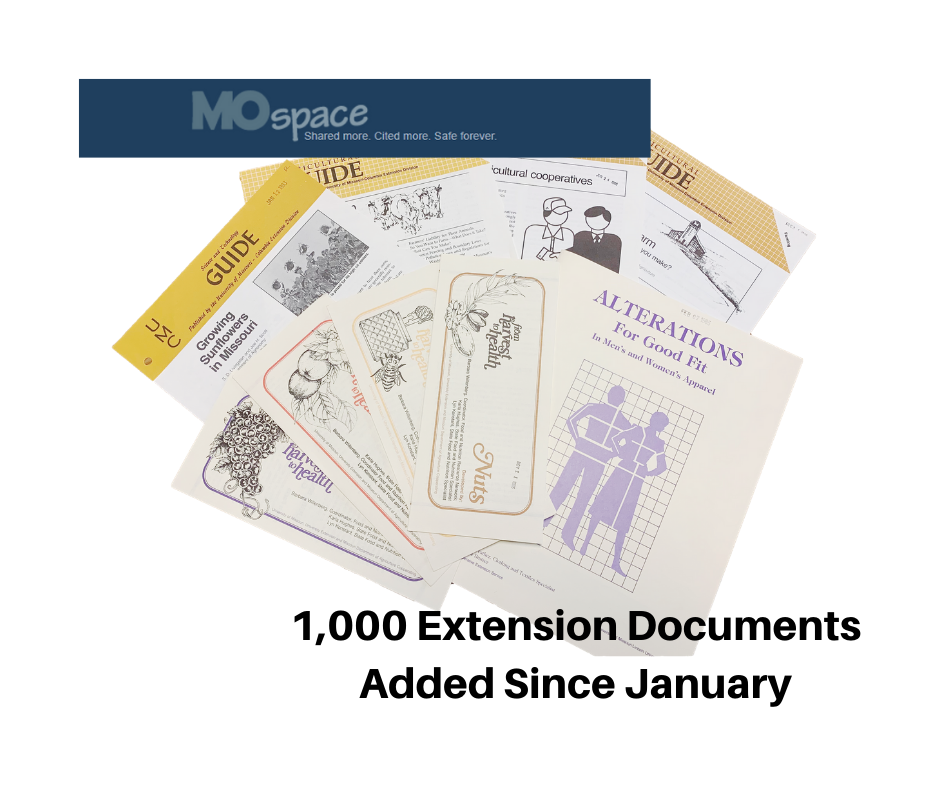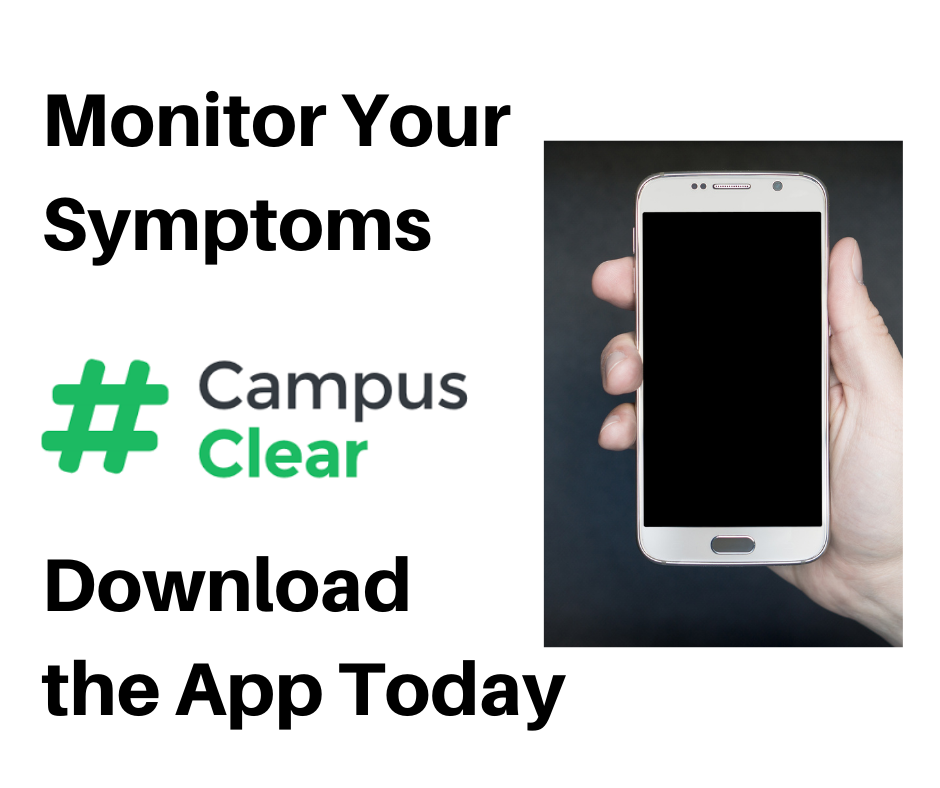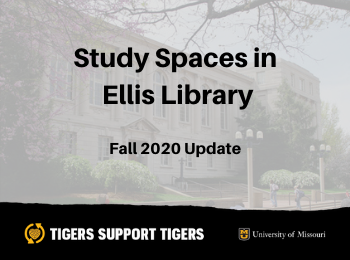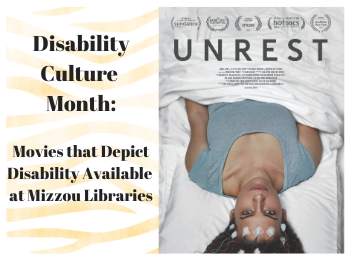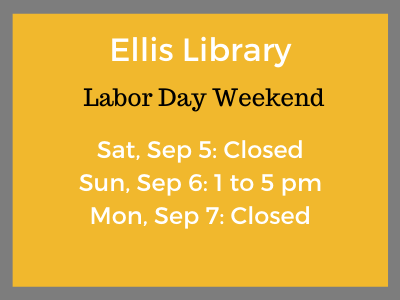Whether you want research help in person while social distancing or remotely from the safety and comfort of your home, the Mizzou Libraries will stay connected with you!
Many library services — including consultations and assistance, library instruction, reserves and events — will continue remotely online through the fall with some in-person options. The emphasis on remote library services will allow faculty and students to continue their work, regardless of location.
“We want Mizzou students and faculty to have a successful fall semester! That begins by doing everything we can to keep people safe,” said Deb Ward, interim vice provost for University Libraries and University Librarian.
Among the changes that library users will find this semester:
- Library users will be asked to display #ClearCampus app or have symptoms checked, including temperature checks.
- Everyone in library buildings will need to wear a face mask and maintain 6 feet of physical distancing. Library users may only remove their mask while eating at the Bookmark Cafe on the ground floor.
- An MU ID will be required to access the building after 5 pm.
- Ellis Library will have limited hours. The library will close most nights at 10 pm, and the Check Out and Information desk will close at 8 pm. Visit library.missouri.edu/hours for the latest information on all campus library hours. Additional hours will be added after Thanksgiving Break.
- The Check-Out & Information Desk on the north side of the first floor will serve as a single service desk for assistance in the library. Visit Ask the Librarians! for online help or to schedule a consultation.
- Furniture and computer workstations will be spread out in order to ensure physical distancing. The library’s Safety Team will monitor the building to make sure all library users are being safe. Library patrons are asked not to move furniture.
- Study rooms will be single occupancy only. Library patrons must use masks in study rooms and keep doors open for proper ventilation. You can reserve a study room through the online reservation system. We encourage study groups to meet on Zoom or other online platforms. If you need a space to do in-person group work, you many use rooms 114 and 114A. The furniture is set up for groups to work while maintaining proper distances.
- The ground floor and 1st floors of Ellis Library have been designated as “quiet conversation allowed” for library users, including students who need to attend their online classes in the library. The 2nd, 3rd and 4th floors are designated as quiet study space.
- Only the west entrance of Ellis Library (near Speaker’s Circle) will be open throughout the fall semester. The North entrance and the two reading rooms on the 2nd floor will be closed due to renovations of their windows.
- The west stacks will be closed. To request books or other items, please place an online request and the library will retrieve them for you.
- Circulation of books will resume, but receiving materials from other libraries may take longer. All materials will be quarantined when they are returned, and the items may stay on your library account during that time. No fines will be assessed for items that are in quarantine.
- Food and drink will only be allowed on the ground floor of the library. The Bookmark Cafe has been closed for the rest of the semester.
- DigiPrint services have moved out of Ellis Library and will be located in MU Student Center Room 1212A
Library personnel will carefully assess how the new service models are working and will determine whether services can be gradually scaled up or, conversely, whether conditions will require a return to delivering more services remotely. For the latest information on library services and hours, visit library.missouri.edu. You may also subscribe to one of our weekly email newsletters to stay up to date.
Additional Information Regarding Specialized Libraries
Zalk Veterinary Medical Library
J. Otto Lottes Health Sciences Library
Engineering Library and Technology Commons



